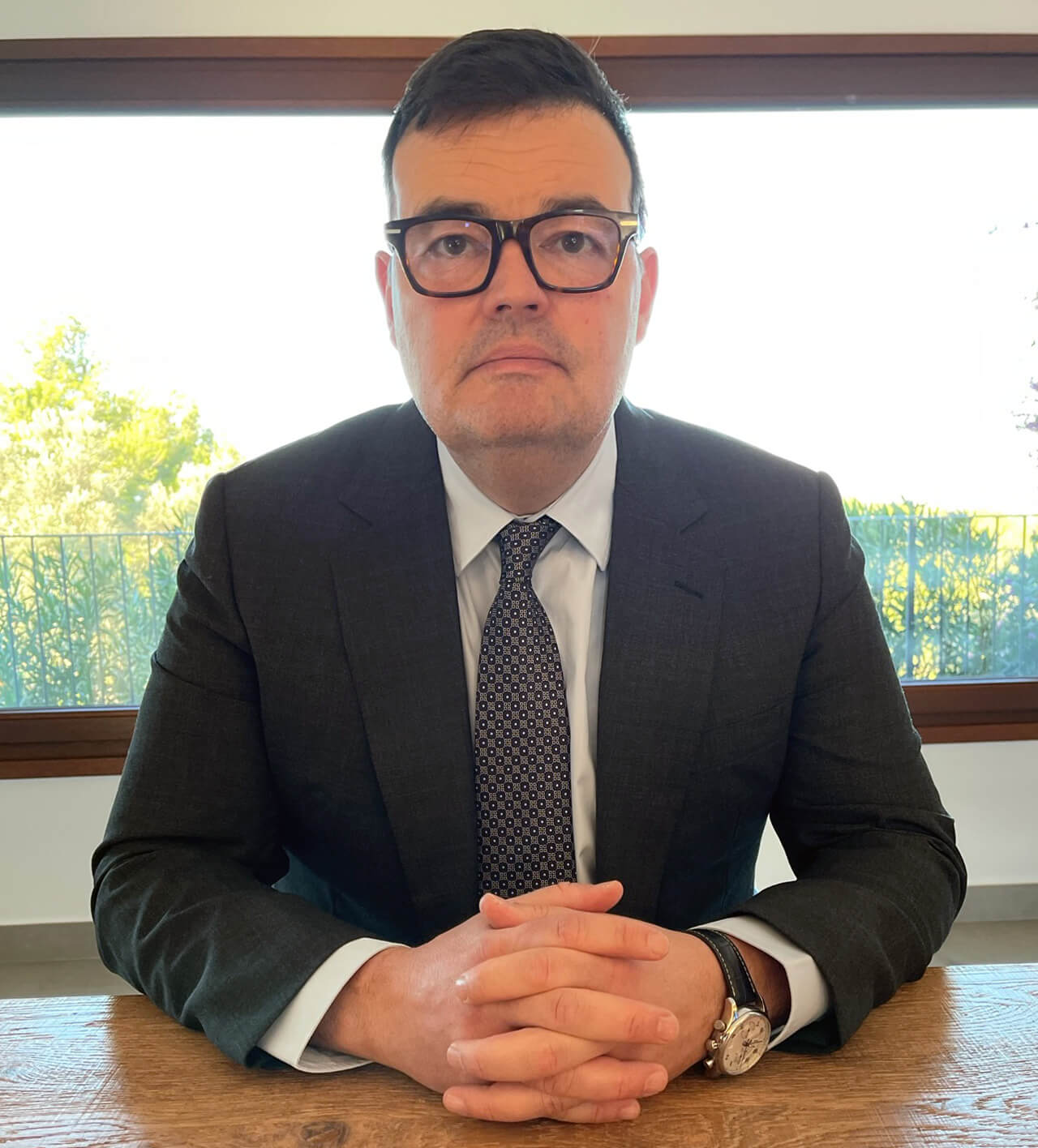
Profiles
Q&A with Lewis Black, CEO of Almonty Industries
February 28, 2022
By
Canadian Manufacturing


Lewis Black sat down with Canadian Manufacturing to talk about the battery supply chain, and what countries like Canada need to do to diversify its battery materials in procuring key resources like tungsten.
Lewis Black sat down with Canadian Manufacturing to talk about the battery supply chain, and what countries like Canada need to do to diversify its battery materials in procuring key resources like tungsten.
CM: Can you tell us a little about the importance of tungsten in the electric vehicle supply chain, and its role in battery manufacturing?
Lewis Almonty: For sure. You need tungsten to build EVs, tungsten is used in anodes and cathodes in batteries, helping vehicles charge quicker due to the non-combustible nature of the material and it can hold a charge longer than nickel. Many companies and countries are trying to secure deals for tungsten as a result.
CM: Many manufacturers are trying to establish a more domestic supply chain, or at least a more diverse one that’s less reliant on Asia, I’m wondering what the most important steps are to see this happen?
Lewis Almonty: I know there’s been a lot of conversation around having a more diverse supply chain but there are major problems in making this difficult to meet. No one wants a mine in their backyard. It’s not a vote winner. It takes 8-10 years for a mine to become operational and profitable. China’s been working on their raw materials for 30 years, and they have an advantage because they’ve had a stable government. Changing direction is not easy in a democracy.
CM: So with that in mind, how much do companies like Almonty explore locations in North and South America for tungsten and other raw materials?
Lewis Almonty: In the 1980’s there was a good spread of resources, but when China arrived on the market at giveaway prices for tungsten, they drove almost every mine out of business that was outside of China. So right now, they control most of the market.
CM: What are manufacturers doing to keep up with the increased demand for EVs and to build out the infrastructure to support them?
Lewis Almonty: There’s an appetite in the market for more mines to open, but this won’t happen anytime soon. The main producer of cobalt right now, another integral component of EV batteries, is the DRC. Most of the mines in the DRC are owned by China. Manufacturers may want to diversify their supply chain but will still have to secure agreements with China. The charging infrastructure is also still very behind. Right now, the grid in California wouldn’t be able to sustain an increased number of EVs being plugged into the grid. Fossil fuels will need to help ease this transition and it can’t go away.
CM: There’s a huge push in Canada for emissions reductions and more clean technologies, how does Almonty and other materials companies see this global shift effecting the automotive manufacturing industry? Are supply chain issues going to get worse in 2022?
Lewis Almonty: If you increase EV adoption, you’re making supply chain troubles worse. So the focus on cleantech will actually make the supply chain troubles tougher. People will have to understand that things will get worse before they get better. They may have to wait a few years for new cars, phones and other products.
Print this page